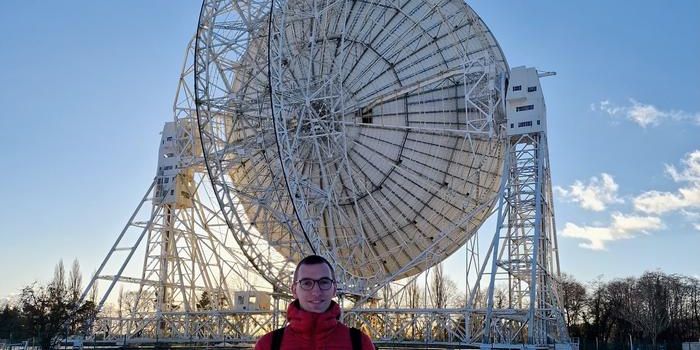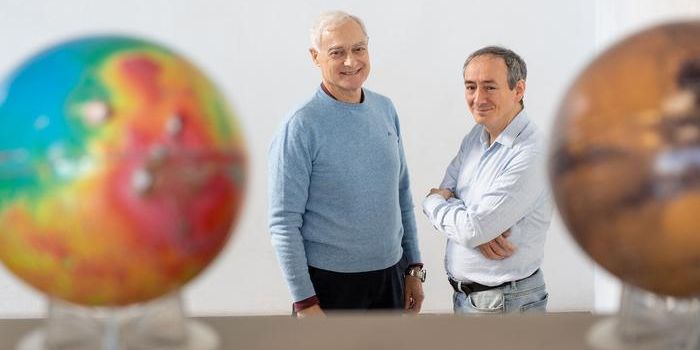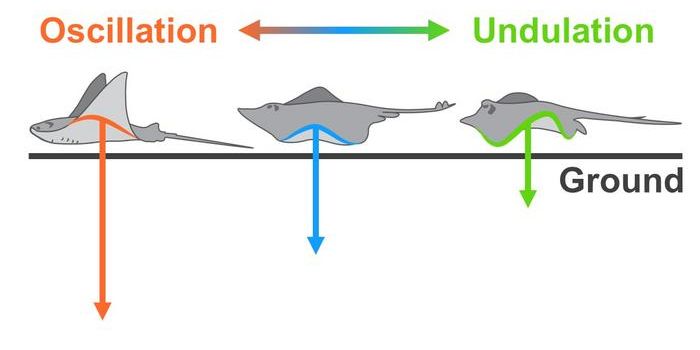Swimming Microrobots Treat Fatal Pneumonia in Mice
In a recent study published in Nature Materials, a team of researchers from the University of California San Diego (UCSD) have developed microscopic robots, also called microrobots, capable of swimming around within the lungs, where they can deliver medication as well as clearing up life-threatening cases of pneumonia. The microrobots were successfully tested in mice, where the researchers observed the microrobots terminated pneumonia-causing bacteria within the lungs, resulting in a 100% survival rate for the mice. In contrast, 100% of untreated mice died within three days post-infection.
"Our goal is to do targeted drug delivery into more challenging parts of the body, like the lungs. And we want to do it in a way that is safe, easy, biocompatible and long lasting," said Dr. Liangfang Zhang, who is a professor within the Jacobs School of Engineering at UCSD, and a co-author on the study. "That is what we've demonstrated in this work."
One discovery the researchers made was that the treatment with the microrobots was far more effective than a traditional IV injection of antibiotics into the bloodstream, which typically requires an antibiotics dose 3000 times greater than used by the microrobots to achieve the same outcome. While the microrobots supplied 500 nanograms of antibiotics per mouse, a traditional IV injection requires 1.644 milligrams.
"With an IV injection, sometimes only a very small fraction of antibiotics will get into the lungs. That's why many current antibiotic treatments for pneumonia don't work as well as needed, leading to very high mortality rates in the sickest patients," said Dr. Victor Nizet, a professor at UC San Diego’s School of Medicine and Skaggs School of Pharmacy and Pharmaceutical Sciences, and a co-author on the study along with being a physician-scientist collaborator of Wang and Zhang. "Based on these mouse data, we see that the microrobots could potentially improve antibiotic penetration to kill bacterial pathogens and save more patients' lives."
Sources: Nature Materials
As always, keep doing science & keep looking up!









